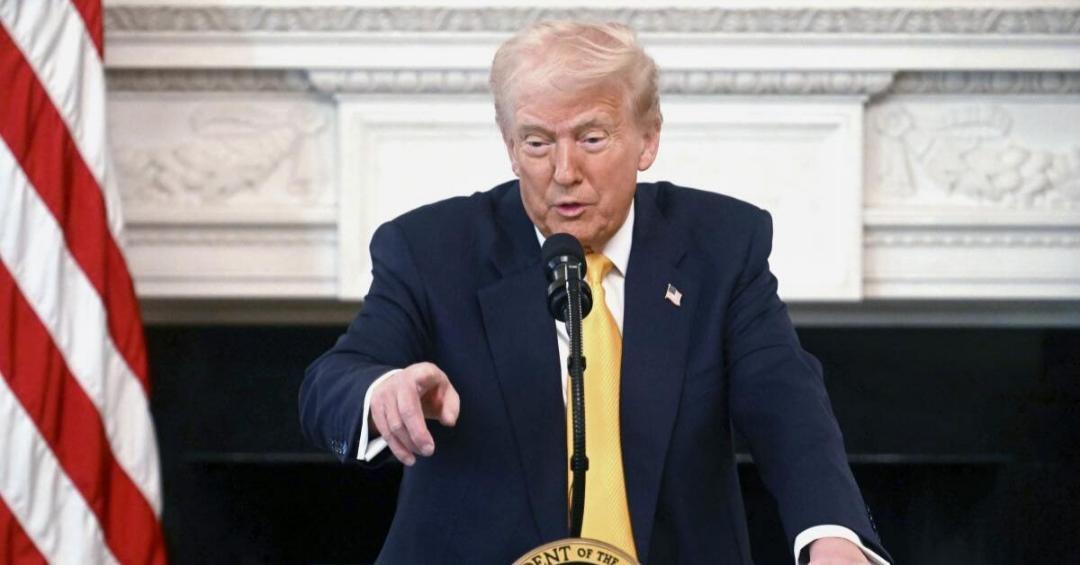
Trump Eyes 500% Tariff on India Over Russian Oil Imports: Report
The ongoing tensions between the United States and Russia have taken a new turn, with a proposed U.S. Senate bill aiming to impose a 500% import tariff on countries that continue to purchase Russian oil, gas, or uranium. The bill, backed by President Donald Trump, has over 80 co-sponsors and is designed to choke the Kremlin’s war revenue. The move has sent shockwaves across the global energy market, with India being one of the countries likely to be affected.
According to a recent report, the proposed tariff would be imposed on countries that import Russian oil, gas, or uranium, and would apply to all imports of these products, including those from India. The move is seen as a way to punish countries that continue to do business with Russia despite its involvement in the ongoing conflict in Ukraine.
The proposed tariff comes at a time when India is heavily reliant on Russian oil imports, with Russia being one of the country’s largest oil suppliers. In 2020, India imported around 3.2 million barrels per day (mb/d) of oil from Russia, accounting for around 8% of the country’s total oil imports.
India’s dependence on Russian oil imports has raised concerns in the U.S. government, with some officials viewing it as a threat to the country’s national security. The proposed tariff is seen as a way to pressure India and other countries to reduce their reliance on Russian energy imports and instead import energy from other sources, such as the U.S.
The bill is also seen as a way to punish countries that continue to do business with Russia despite its involvement in the conflict in Ukraine. The U.S. has imposed several rounds of sanctions on Russia in response to its actions in Ukraine, and the proposed tariff is seen as an additional way to punish Russia and its allies.
India’s External Affairs Minister, S Jaishankar, has said that the country is monitoring the developments and will “cross that bridge when we come to it.” The Indian government has not commented on whether it will comply with the proposed tariff, but it is likely to face pressure from the U.S. government to reduce its reliance on Russian energy imports.
The proposed tariff has also raised concerns among energy experts, who say that it could lead to higher energy prices and supply disruptions. The Indian government has been working to reduce the country’s dependence on imported energy, with a focus on increasing the use of renewable energy sources and improving energy efficiency.
In recent years, India has made significant progress in reducing its dependence on imported energy, with the country’s energy intensity declining by around 20% between 2010 and 2019. The country has also set ambitious targets for increasing the use of renewable energy, with a goal of generating 40% of its electricity from non-fossil fuels by 2030.
Despite the challenges posed by the proposed tariff, India is likely to continue to rely on Russian oil imports in the short term. The country’s oil demand is expected to continue to grow in the coming years, driven by economic growth and increasing demand for energy. The proposed tariff is likely to have a significant impact on India’s energy market, with higher prices and supply disruptions potentially affecting the country’s economy.
In conclusion, the proposed U.S. Senate bill aiming to impose a 500% import tariff on countries that continue to purchase Russian oil, gas, or uranium is a significant development in the ongoing tensions between the U.S. and Russia. The move is likely to have a significant impact on India’s energy market, with higher prices and supply disruptions potentially affecting the country’s economy. The Indian government will need to carefully consider its options and find a way to balance its energy needs with its diplomatic relationships with the U.S. and Russia.






